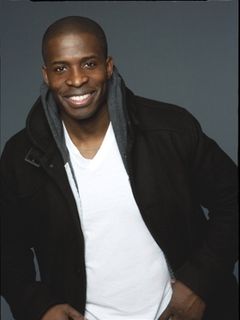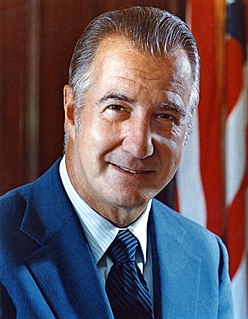A Quote by Rod Serling
I find it very difficult to live through the censorship of profanity on television.
Quote Topics
Related Quotes
I don't think that my lyrics are over-laced with profanity, because I myself don't speak using a lot of profanity in normal conversation. But I think when you're making something aggressive and you need to get a point across, if you're angry, sometimes profanity is necessary. It's better to use a curse word than to hurt somebody else, I find.
I find it very difficult to relate to India's new middle class. This very patriotic and neoliberal group that mixes religion and economics together. I find them very irksome. Very difficult to like. They are privileged, but they don't want to talk about their privilege. It's difficult to find poetry amongst these people. Some sort of hidden spirit of beauty.
In a perfect world, there would be no censorship, because there would be no judgement. I find the hypocritical aspect disconcerting, to say the least. We can show people being murdered on television, but I'm not able to say "chickenshit" in public. At the same time, I understand that people are afraid. Because I think censorship is about fear. It's just fear being projected onto art.
Self-censorship happens not only in China, or Iran or ex-Soviet places. It can happen anywhere. If an artist penetrates a certain taboo or a certain power through their work, he or she will face this problem. I'm always saying that commercial censorship is our foremost censorship globally today. Why do we still pretend we are free?
I think that is one of the first things that I got clear in my mind when I began to play around with fiction, that I had to find a language and it was not in existance at the time. You have put it very well - it wasn't to be taken for granted. You had to go on and search until you found a way through the conversation of English and Igbo. The two languages stuck into each other and tried to find a way to express through one, the medium of the thoughts. That's a very exciting thing to do, a very difficult thing to do.
Television is perhaps the greatest medium ever discovered to teach and educate and even to entertain. But the filth, the rot, the violence, and the profanity that spew from television screens into our homes is deplorable. It is a sad commentary on our society. The fact that a television set is on six or seven hours every day in most of the homes of America says something of tremendous importance.
I am not asking for government censorship or any other kind of censorship. I am asking whether a kind of censorship already exists when the news that forty million Americans receive each night is determined by a handful of men responsible only to their corporate employers and filtered through a handful of commentators who admit to their own set of biases.
The city is going to survive, we are going to get through it, It's going to be very, very difficult time. I don't think we yet know the pain that we're going to feel when we find out who we lost, but the thing we have to focus on now is getting this city through this, and surviving and being stronger for it.






































